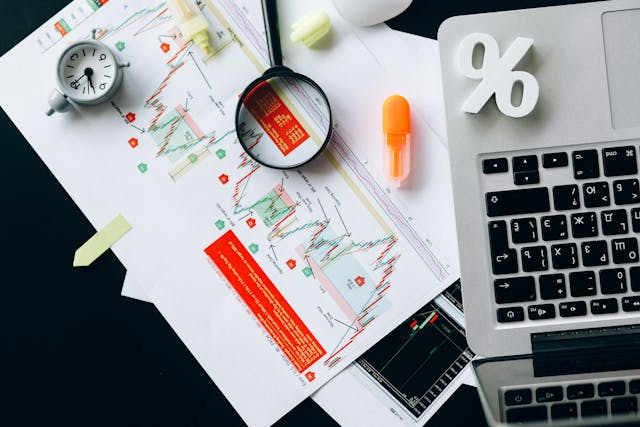Forex proprietary firms, also known as proprietary trading firms, have become increasingly popular among traders seeking to capitalize on the foreign exchange market’s potential. These firms provide traders with access to capital, proprietary trading technology, and advanced risk management tools. This article will delve into five must-known facts about Forex proprietary firms in 2024, shedding light on their structure, benefits, and how traders can leverage them to enhance their trading endeavors.
1. Proprietary Trading Model
Forex prop firms operate on a proprietary trading model, wherein traders trade the firm’s capital rather than their own. This model allows traders to access significant leverage and potentially amplify their trading profits. Prop firms typically provide traders with a profit split arrangement, wherein the firm retains a portion of the trading profits generated, and the remainder is paid out to the trader. This incentivizes traders to trade profitably and aligns their interests with those of the firm.
2. Access to Capital
One of the most significant advantages of being a member of a forex prop business is attaining access to considerable funds for trading. Prop companies often provide traders with the opportunity to have access to considerable leverage, which enables them to trade greater positions than they would be able to with their cash. Because of this, participants in the foreign exchange market are able to capitalize on very little price fluctuations and possibly create considerable gains. Furthermore, prop businesses can provide sponsored trading accounts, which eliminates the need for traders to risk their cash.
3. Advanced Trading Technology
The proprietary businesses that deal in foreign exchange make significant investments in cutting-edge trading technology and infrastructure in order to give their traders a competitive advantage in the market. Access to sophisticated trading platforms, specialized trading algorithms, and high-speed execution systems are all included in this. By using cutting-edge technology, traders are able to execute transactions speedily and efficiently, capitalize on market opportunities in real-time, and eliminate concerns connected to latency. For the purpose of assisting traders in successfully managing risk and monitoring their performance, advanced analytics tools and risk management systems are also used.
4. Training and Support
Numerous proprietary businesses in the foreign exchange market provide traders with extensive training and support programs to assist them in developing their abilities and achieving success in the market. Some of the components that can be included in these programs include educational materials, chances for mentoring, and frequent performance reviews. Prop businesses often hire seasoned traders and industry specialists who are able to provide inexperienced traders with significant insights and help because of their extensive expertise. Furthermore, traders can have access to a community of other traders who are supportive of them and with whom they can discuss ideas, methods, and experiences pertaining to trading. Prop businesses have the goal of cultivating talent and fostering a culture of continual development among their traders by investing in the education and assistance of traders.
5. Performance Metrics and Evaluation
In the foreign exchange market, proprietary businesses often use performance measures and assessment criteria in order to evaluate the trading performance of their members. Profitability, risk-adjusted returns, trading consistency, and adherence to risk management rules are some examples of performance measures that can be considered. At regular intervals, traders are subjected to performance evaluations, which include a comprehensive examination of their trading activities and the outcomes of those activities. Traders can be eligible for performance-based incentives, such as enhanced profit splits, more leverage, or access to extra cash, depending on how well they perform in their trading activities. Through the use of performance assessment, prop companies are able to identify traders who are doing exceptionally well and properly allocate resources in order to optimize overall profitability.
Conclusion
In conclusion, Forex proprietary firms offer traders a unique opportunity to trade the financial markets with significant capital, advanced technology, and professional support. By operating on a proprietary trading model and providing access to substantial leverage, prop firms empower traders to capitalize on market opportunities and potentially generate outsized returns. With access to advanced trading technology, comprehensive training programs, and performance evaluation mechanisms, traders can develop their skills and thrive in the competitive world of forex trading. As such, Forex proprietary firms continue to play a pivotal role in shaping the landscape of the Forex market in 2024 and beyond.
